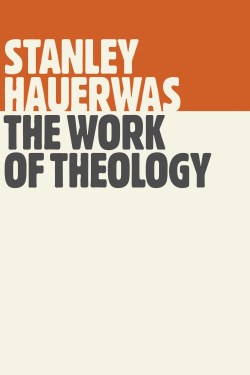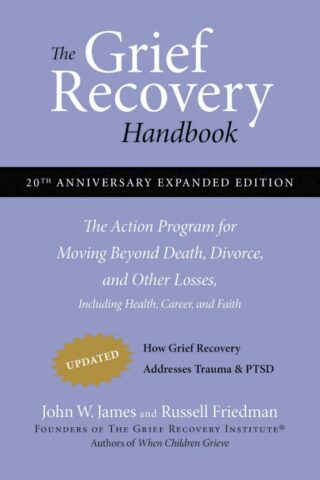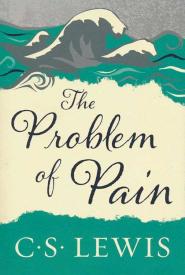Work Of Theology
$31.99
In this book Stanley Hauerwas returns to the basics of doing theology. Revisiting some of his earliest philosophical and theological views to better understand and clarify what he has said before, Hauerwas explores how theological reflection can be understood as an exercise in practical reason.
Hauerwas includes chapters on a wide array of topics, including “How I Think I Learned to Think Theologically,” “How the Holy Spirit Works,” “How to Write a Theological Sentence,” and “How to Be Theologically Funny.” In a postscript he responds to Nicholas Healy’s recent book Hauerwas: A (Very) Critical Introduction.
“What we believe as Christians,” says Hauerwas, “is quite basic and even simple. But because it is so basic, we can lose any sense of the extraordinary nature of Christian beliefs and practices.” In discussing how to do theology, Hauerwas seeks to recover that “sense of the oddness of what we believe as Christians.”
in stock within 3-5 days of online purchase
SKU (ISBN): 9780802871909
ISBN10: 0802871909
Stanley Hauerwas
Binding: Trade Paper
Published: August 2015
Publisher: William B. Eerdmans Publishing Co.
Print On Demand Product
Related products
-
Grief Recovery Handbook (Anniversary)
$17.99Newly updated and expanded to commemorate its 20th anniversary-this classic resource helps people complete the grieving process and move toward recovery and happiness
Incomplete recovery from grief can have a lifelong negative effect on the capacity for happiness. Drawing from their own histories as well as from others’, the authors illustrate how it is possible to recover from grief and regain energy and spontaneity. Based on a proven program, The Grief Recovery Handbook offers grievers the specific actions needed to move beyond loss.
New material in this edition includes:
How to choose which loss you should work on first
How to deal with growing up in an alcoholic or otherwise dysfunctional home
Loss of faith
Loss of career
Loss of health
And much, much more.Add to cart6 in stock (additional units can be purchased)
-
Problem Of Pain
$17.99For centuries Christians have been tormented by one question above all — If God is good and all-powerful, why does he allow his creatures to suffer pain? C. S. Lewis sets out to disentangle this knotty issue but wisely adds that in the end no intellectual solution can dispense with the necessity for patience and courage.
Add to cart1 in stock (additional units can be purchased)
-
Women Of The Bible Speak
$25.99The women of the Bible lived timeless stories–by examining them, we can understand what it means to be a woman of faith.
People unfamiliar with Scripture often assume that women play a small, secondary role in the Bible. But in fact, they were central figures in numerous Biblical tales. It was Queen Esther’s bravery at a vital point in history which saved her entire people. The Bible contains warriors like Jael, judges like Deborah, and prophets like Miriam. The first person to witness Jesus’ resurrection was Mary Magdalene, who promptly became the first Christian evangelist, eager to share the news which would change the world forever.
In The Women of the Bible Speak, Fox News Channel’s Shannon Bream opens up the lives of sixteen of these Biblical women, arranging them into pairs and contrasting their journeys. In pairing their stories, Shannon helps us reflect not only on the meaning of each individual’s life, but on how they relate to each other and to us.
From the shepherdesses of ancient Israel who helped raise the future leaders of the people of God, to the courageous early Christians, the narrative of the Bible offers us many vivid and fascinating female characters. In their lives we can see common struggles to resist bitterness, despair, and pride, and to instead find their true selves in faith, hope, and love. In studying these heroes of the faith, we can find wisdom and warnings for how to better navigate our own faith journeys.
The Women of the Bible Speak outlines the lessons we can take from the valor of Esther, the hope of Hannah, the audacity of Rahab, and the faith of Mary. In broadening each woman’s individual story, Shannon offers us a deeper understanding of each, and wisdom and insights that can transform our own lives today.
Add to cart2 in stock
-











Reviews
There are no reviews yet.